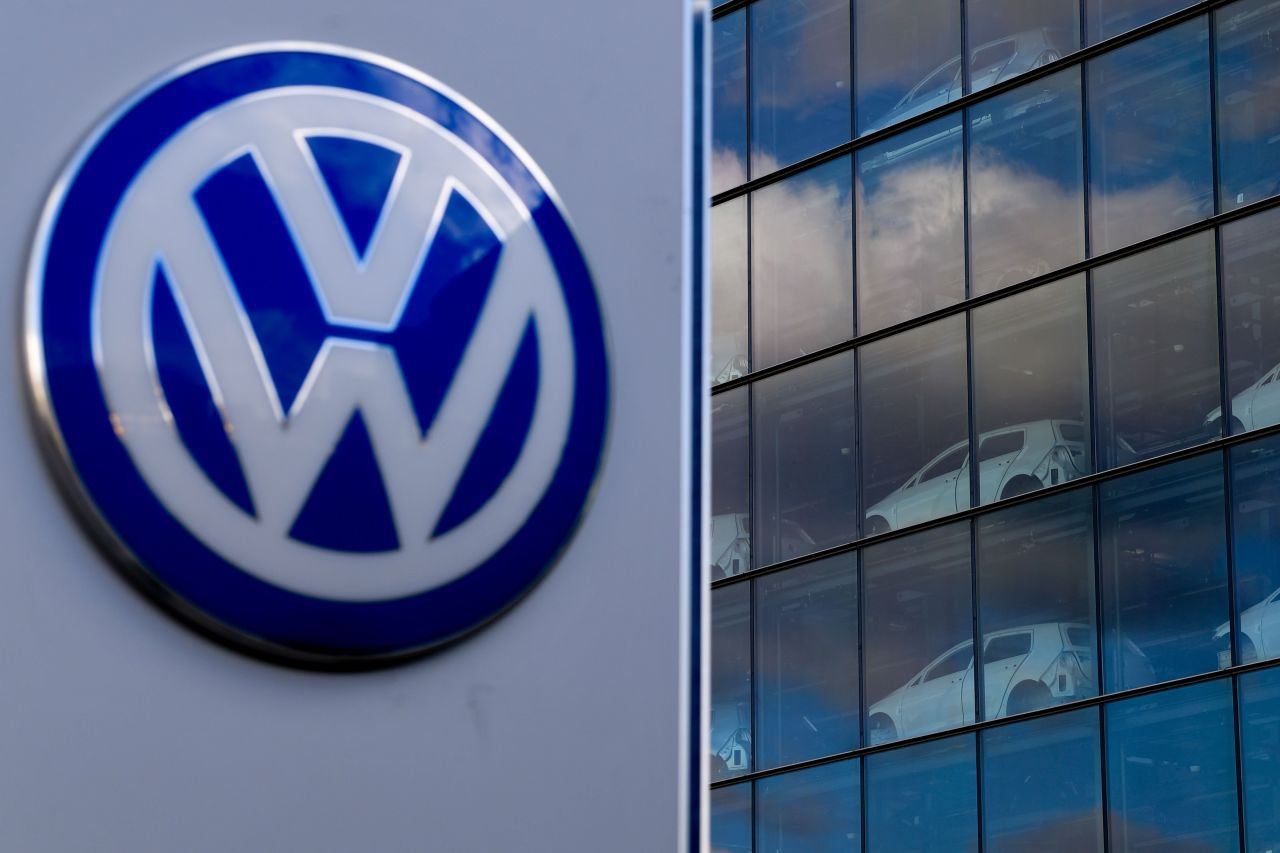Rivian announced a joint venture with Volkswagen, will receive a capital injection of $5 billion!
On June 25th, American electric vehicle manufacturer Rivian announced that it had received a $5 billion injection from Volkswagen and the two sides would also establish a joint venture.
On Tuesday (June 25th), American electric vehicle manufacturer Rivian announced that it has received funding from Volkswagen and the two sides will also establish a joint venture.
The cooperation between the two parties includes that Volkswagen will immediately invest $1 billion in Rivian in the form of unsecured convertible notes, which will be converted into stocks on or after December 1st, subject to regulatory approval. Volkswagen will also make additional investments in Rivian shares in 2025 and 2026, totaling $2 billion, respectively, provided that Rivian achieves certain performance milestones.
In addition, Volkswagen and Rivian will also establish a joint venture, and the new joint venture will be jointly controlled and owned by both parties. Volkswagen will pay $1 billion at the beginning of the establishment of the joint venture, and is expected to complete it in the fourth quarter of this year. It plans to provide $1 billion in loans to the joint venture in 2026.
That is to say, Volkswagen is expected to invest $5 billion in Rivian in the future! In exchange, Volkswagen will acquire Rivian technology for its own electric vehicles. Volkswagen also stated that it will collaborate with Rivian to develop the "next generation" electric vehicles and software.
During a conference call following the announcement, Rivian CEO RJ Scenario stated that the addition of Volkswagen would provide Rivian with sufficient support to become a cash flow generating company.
RJ Scenario also stated that Volkswagen's support will help Rivian advance plans for a new factory in Georgia. Previously, due to a lack of funding, Rivian had postponed the construction plan for the factory.
RJ Scenario stated that this investment will provide Rivian with the funds needed to develop its lower priced and smaller R2 SUV (expected to start at $45000 and be delivered in early 2026) and the planned R3 crossover vehicle. In addition, he stated that this collaboration will enable Rivian to utilize a large supply of chips and components to reduce operating costs.

This is not Rivian's first time seeking cooperation with traditional car manufacturers. In November 2021, Rivian sought to collaborate with early investor Ford Motor to develop electric vehicles. In December 2022, Rivian was revealed to have plans to collaborate with Mercedes Benz to produce electric trucks. But both collaborations ultimately ended in failure.
Rivian went public in November 2021 and is considered a potential strong competitor to Tesla. During a period of investor frenzy in the electric vehicle market, Rivian's market value once surpassed that of Ford and General Motors. Amazon is Rivian's largest shareholder, holding a 16% stake worth nearly $2 billion as of Tuesday's close.
But as the demand for electric vehicles slows down, Rivian, which is positioned as a high-end electric vehicle, is no longer selling well. According to Rivian's data from the previous quarter, the company will incur a loss of approximately $39000 for every car it builds.
Rivian's stock has been declining over the past year. As of this Tuesday, Rivian has fallen 49% this year, almost halving. After the announcement was released, Rivian's stock price soared by over 50% in post market trading, recovering about half of the decline in the stock since the beginning of this year.
Garrett Nelson, an analyst at CFRA Research, said that Volkswagen's investment is a vote of trust in Rivian, but it has not helped change the company's operational and cash consumption issues.
Unlike Rivian's surge, Volkswagen's stock price fell 1.4% in early Wednesday trading.
Analysts say investors will be concerned about the price of this investment. "Although this transaction is reasonable from a strategic perspective, we believe investors prefer the public to sell assets rather than purchase them," said Stifel Research in a report.

·Original
Disclaimer: The views in this article are from the original Creator and do not represent the views or position of Hawk Insight. The content of the article is for reference, communication and learning only, and does not constitute investment advice. If it involves copyright issues, please contact us for deletion.